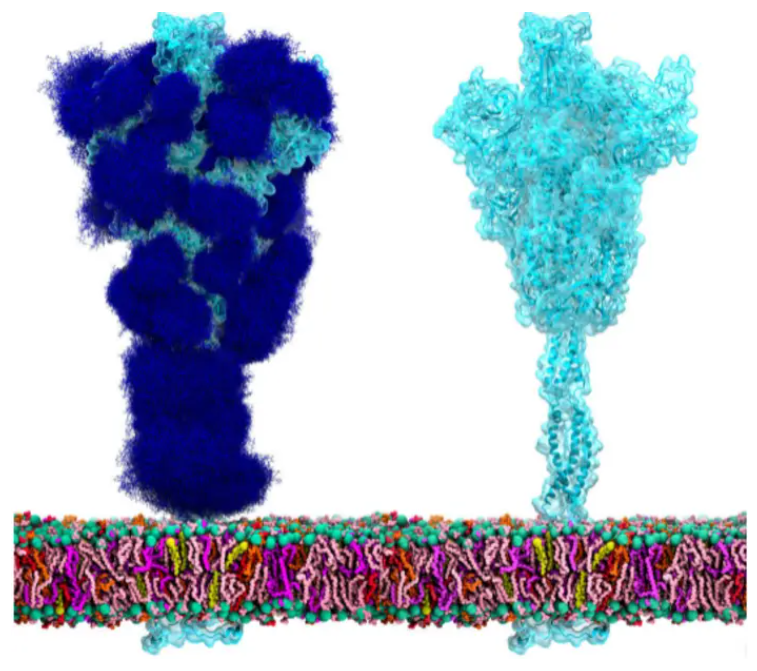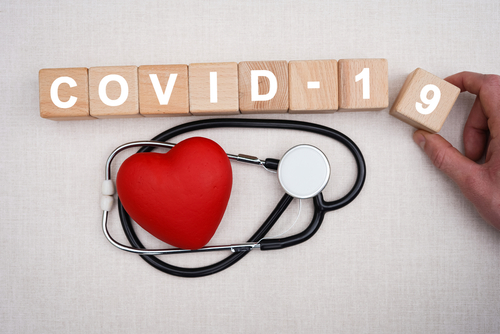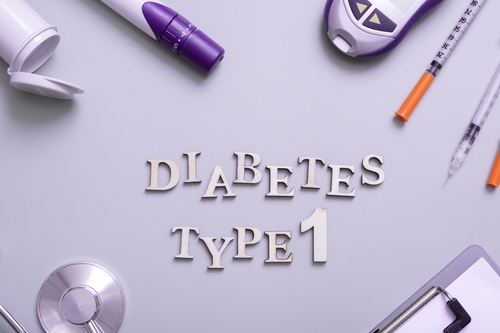A study published in the Journal of Hematology & Oncology found that drug exposure and disease status do not impact mortality risk in patients with multiple myeloma (MM) who contract COVID-19.
Researchers at Mount Sinai Hospital, a tertiary care center in New York City that was an early epicenter of the COVID-19 pandemic, conducted a retrospective analysis of 54 patients with MM and four with smoldering MM who developed COVID-19 between March 1, 2020, and April 30, 2020. Researchers reported epidemiological, clinical, and laboratory characteristics, including the persistence of viral detection by polymerase chain reaction (PCR) and anti-SARS-CoV-2 antibody testing, treatments initiated, and outcomes.
Among the 58 patients (median age, 67 years; 52% were male; 63% were non-white), 36 were hospitalized and 22 were managed at home. Twenty-two patients (41%) previously underwent autologous hematopoietic cell transplantation. The most common patient comorbidities were hypertension (64%), hyperlipidemia (62%), obesity (37%), diabetes (28%), chronic kidney disease (24%), and lung disease (21%). Median time from MM diagnosis to COVID-19 infection was 29.8 months.
The most common reported symptoms among all patients were fever (70%), cough (65%), and dyspnea (45%). Fourteen patients (24%) died. Factors that were significantly associated with hospitalization included age older than 70 years, male sex, cardiovascular risk, and patients not in complete remission (CR) or stringent CR (P<0.05 for all). “MM-specific disease characteristics and the type of MM treatment were not associated with increased mortality,” the researchers noted.
Among hospitalized patients, laboratory findings demonstrated elevation of traditional inflammatory markers (C-reactive protein, ferritin, D-dimer) and a significant association between elevated inflammatory markers, severe hypogammaglobulinemia, non-white race, and mortality (P<0.05).
Most patients (96%; n=22/23) developed antibodies to SARS-CoV-2 at a median 32 days after initial diagnosis. Median time to PCR negativity was 43 days (range, 19-68 days) from initial positive PCR.
“These findings pave a path to the identification of vulnerable [patients with] MM who need early intervention to improve outcomes in future outbreaks of COVID-19,” the researchers concluded.







 © 2025 Mashup Media, LLC, a Formedics Property. All Rights Reserved.
© 2025 Mashup Media, LLC, a Formedics Property. All Rights Reserved.